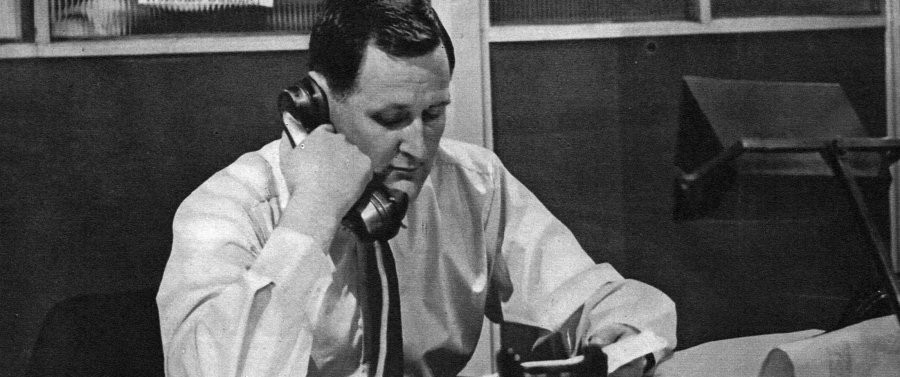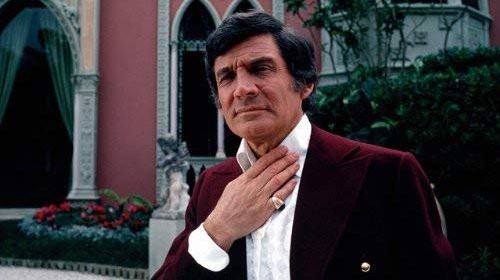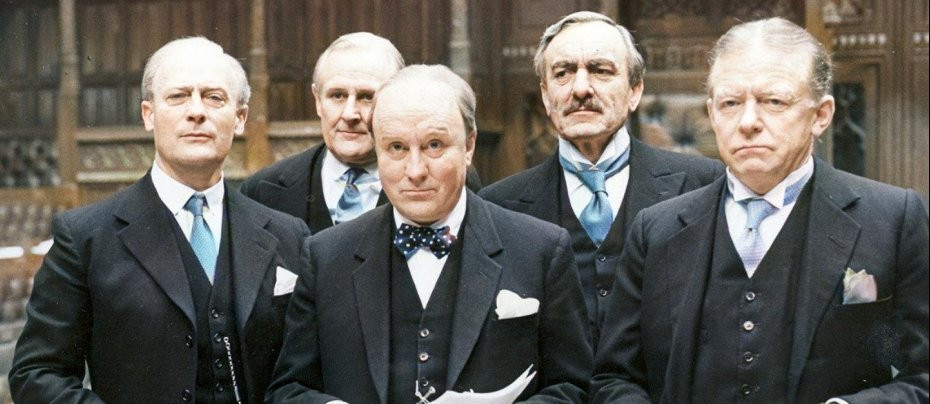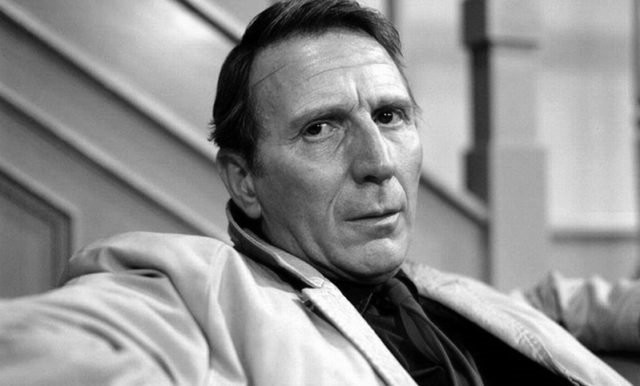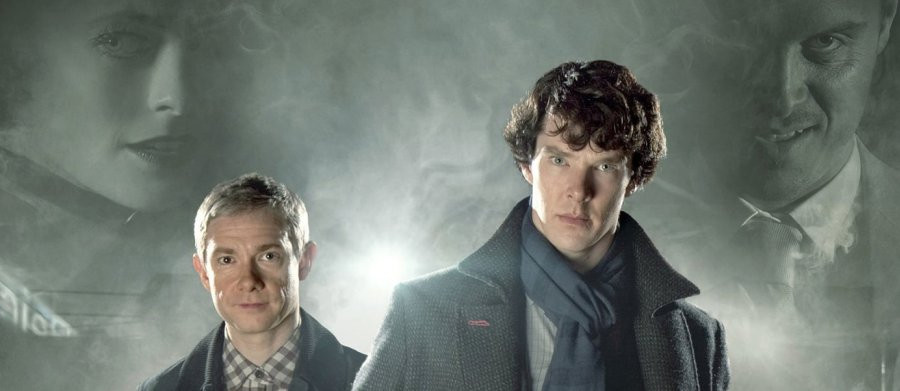
The Rivals of Sherlock Holmes
1971 - United KingdomA true gem of early 1970s British television, The Rivals of Sherlock Holmes was an ambitious anthology series that paid homage to the wider world of Victorian and Edwardian detective fiction, drawing from the rich trove of stories unearthed by former BBC Director General Sir Hugh Carleton Greene. Broadcast over two seasons by Thames Television between 1971 and 1973, the series opened each episode with a telling preface: “During the years 1891 to 1914, when the Sherlock Holmes series were serialised in 'Strand Magazine', Conan Doyle's hero was not the only detective operating in London, he had rivals...” It was a bold mission statement — and one the series fulfilled with considerable panache.
Indeed, the gaslit alleys and fog-shrouded streets of Victorian London offered fertile ground for crime and mystery, and under the skilled stewardship of executive producers Lloyd Shirley and Kim Mills, and series producers Robert Love, Jonathan Alwyn, and Reginald Collin, The Rivals of Sherlock Holmes brought to life a captivating array of sleuths drawn from the works of period authors both well-known and unjustly neglected.
Among the highlights were two separate adaptations of R. Austin Freeman's forensic pioneer, Doctor Thorndyke: 'A Message from the Deep Sea', anchored by a commanding performance from John Neville, and 'The Moabite Cipher', in which Barry Ingham brought a different, though equally compelling, interpretation of the character. Arthur Morrison's gritty realism was honoured in 'The Affair of the Tortoise' and 'The Case of Laker Absconded', with both Peter Barkworth and Peter Vaughan delivering stand-out performances as Arthur Hewitt. The series also introduced viewers to Morrison's lesser-known but no less engaging detective, Jonathan Pride, brought to life with admirable subtlety by the underrated Ronald Hines.
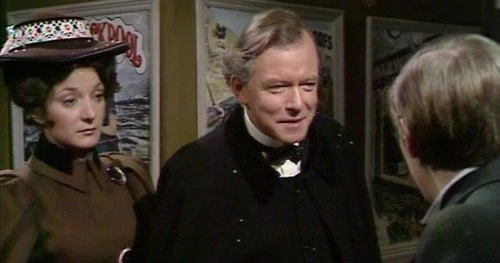
International authors were not overlooked either. Jacques Futrelle’s ingenious Professor Van Dusen (a.k.a. "The Thinking Machine") was portrayed with suitably intellectual gravitas by Douglas Wilmer in 'Cell Thirteen' and 'The Superfluous Finger', while Donald Pleasence delivered one of the series’ most memorable performances as Carnacki, the ghost hunter, in William Hope Hodgson’s 'The Horse of the Invisible' — a chilling tale that flirted with the supernatural.
One of the series’ greatest strengths was undoubtedly the calibre of its cast. The Rivals of Sherlock Holmes was a veritable roll call of British acting talent: Judy Geeson brought intelligence and charm to the role of Polly Burton, Baroness Orczy's pioneering female detective; John Thaw gave an early glimpse of his gravitas as Det. Lt. Holst; Sir Robert Stephens was magnetic as the blind detective Max Carrados; Derek Jacobi, already showcasing his remarkable range, appeared as William Drew; and Sara Kestelman offered a rare and fascinating turn as Hagar, the gypsy detective — a role as unusual as it was refreshing.
Elsewhere, viewers were treated to sterling appearances by the likes of Roy Dotrice, Donald Sinden, Bernard Hepton, Charles Gray, and Ronald Fraser — each lending weight and presence to the eclectic mix of tales.
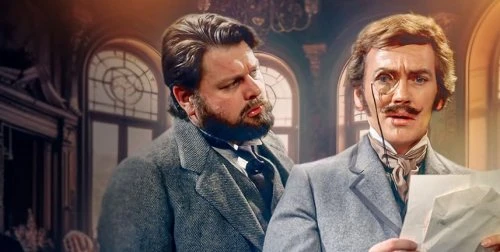
What made The Rivals of Sherlock Holmes more than just a curiosity or a derivative exercise was its sincere reverence for the source material, its careful production design, and the uniformly high quality of its scripts and performances. With evocative settings, period-appropriate costumes, and a score that subtly underscored the suspense without veering into melodrama, the series captured the mood and moral complexity of its era with aplomb.
Though perhaps unjustly forgotten in the shadow of its more famous namesake, this anthology remains a shining example of how television can respectfully excavate literary history and introduce a new generation to overlooked figures in the pantheon of detective fiction. Sherlock Holmes may be the most recognisable name in crime-solving, but The Rivals of Sherlock Holmes reminds us that he was far from the only game in town.
Seen this show? How do you rate it?
Seen this show? How do you rate it?
Published on January 25th, 2019. Written by Percival Wexley-Smith for Television Heaven.



